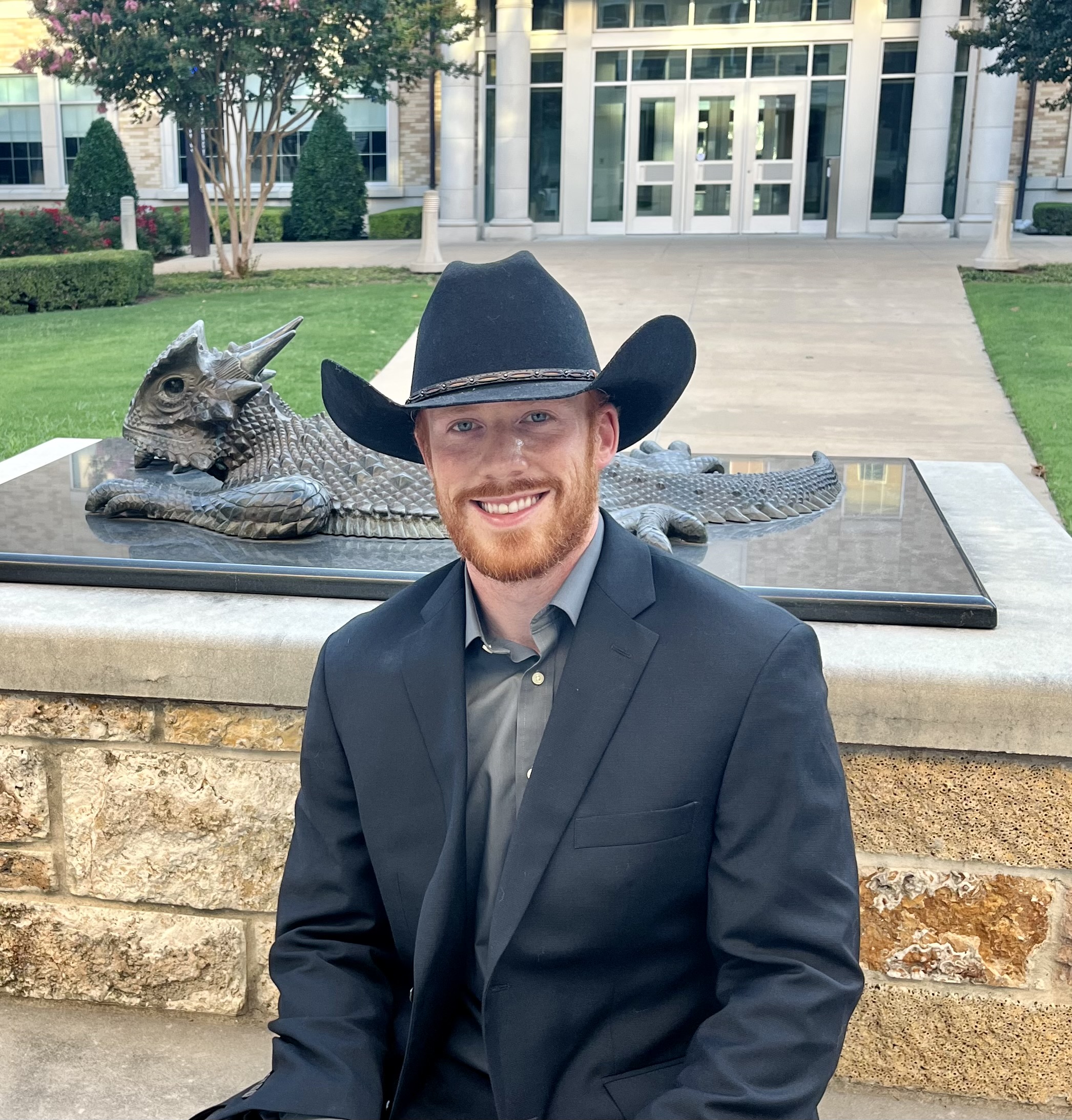When I had TikTok, I used to become so frustrated seeing people post videos of them giving money to homeless people. To me, they are the loudest person in the room who dominate the conversation and always find a way to bring the topics back to them. While I read stories of influencers who had done so much good in raising money and using their following to help people, I couldn’t help but still feel uneasy about the delivery. Perhaps, the good outweighs the optics and flash of promoting yourself as a do-gooder. But I still cannot get over it, like most other grand displays of charity with narcissistic and attention-seeking undertones. This may be a flaw in my perception of who is helped in these situations and God’s hand in supplying for the needy, though I remain on the fence. Perhaps there is a superiority complex inherent to my own thinking that would seek to throw a stone and place my own ideas of what would constitute a humble or good act of service as the gold standard.
Like so many other theological questions, I wrestle with how to adopt best and implement Christian humility. I turn to Matthew 6:5-6 to help ground my positionality within this conversation: “And when you pray, do not be like the hypocrites, for they love to pray to stand in the synagogues and on the street corners to be seen by others. Truly I tell you, they have received their reward in full. But when you pray, go into your room, close the door, and pray to your unseen Father. Then your Father, who sees what is done in secret, will reward you.” I remain on the fence in the larger discourse, because I believe in the power of prayer in front of others. My fiancé and I were in Oklahoma when we witnessed a family out to lunch for a bible study and the father blessed the food so wholeheartedly and expressively. Following the lead of our Christian brother, we blessed the food we might otherwise not have. A gentleman with his family saw us and came to speak with us as a fellow believer. He hadn’t seen the first family, but he then blessed his food after seeing us. Since these interactions, we have been mindful to pray over every meal we share together and we hope if we are in public, others feel comfortable to pray too regardless of who is around. Though whether I pray in public or private, I ask God to humble my words and actions when I cannot.
I believe the catalyst to humility is the motivation, to state the obvious. The hypocrites prayed in the streets to be seen by others before they desired communion with God. Both may have been true, but it was the former that dictated when, how, and why they sought that communion. And so I wonder how I can share the message of Christ, His transformation in me, and parts of my story that I believe are relatable and humanize the path of following Christ while de-centering me. Oftentimes new believers or those who are spiritually lost need a vantage point, a story to connect to. I believe that is what makes the bible such a potent text, that every lesson, trial, and source of wisdom is inextricably linked to stories. Jesus answered questions in stories and all that we know of his deity is sourced from stories. God knew humans needed narratives to understand something supernatural and beyond human comprehension, so we have stories to make sense of it. And so atheists and agnostics, like Christians, need stories too. But we should be cautious when sharing our stories not to become the main character of them. When we pray, we must question our motivations and acknowledge our position of dependence in our relationship with God. When we do good deeds or acts of service, we must do so with a quietness that is louder to God than it is to those around us. And if nobody ever sees those acts, we must be thankful for the ability to be seen only in those moments by our creator. And above all else, we must profess endlessly that the best parts of ourselves are Him.
There is a difference between confidence and cockiness as there is humility and boastful subservience. Those who employ vocal relegations often are still prideful even if it is not named so. Professing that you are nothing and are less than what you are, contributing, and being talented in doing is short-handing the architect who made you. Humility is deference to a higher power, not a suppressor to limit the capabilities our God has gifted to us. But this, like every other question and choice in the Christian life, is one that is cultivated daily. It progresses, regresses, and inevitably changes with the seasons of life. And while humility seems to swing like a pendulum, God does not. So if those TikToks are of His design to bring a good I cannot fully see, then I humble myself and admit my own shortsightedness to a God who knows far more than I ever will.
Father, I try to be humble but so often step in front of you with my chest out farther that it will reach. Enable me to be strongest and most aware of your presence when I stray from humility and lead with pride. When I think I know best, remind me I am always learning and the only person who knows all is you. Change my heart to respond with more grace, more compassion, and more humility.
Author
-

My name is Tristan and I am an English instructor, a writer, and an avid reader. When I am not playing, writing, or listening to music, I enjoy reading from a host of theologians and listening to sermons from the Billy Graham archive on YouTube.
View all posts
